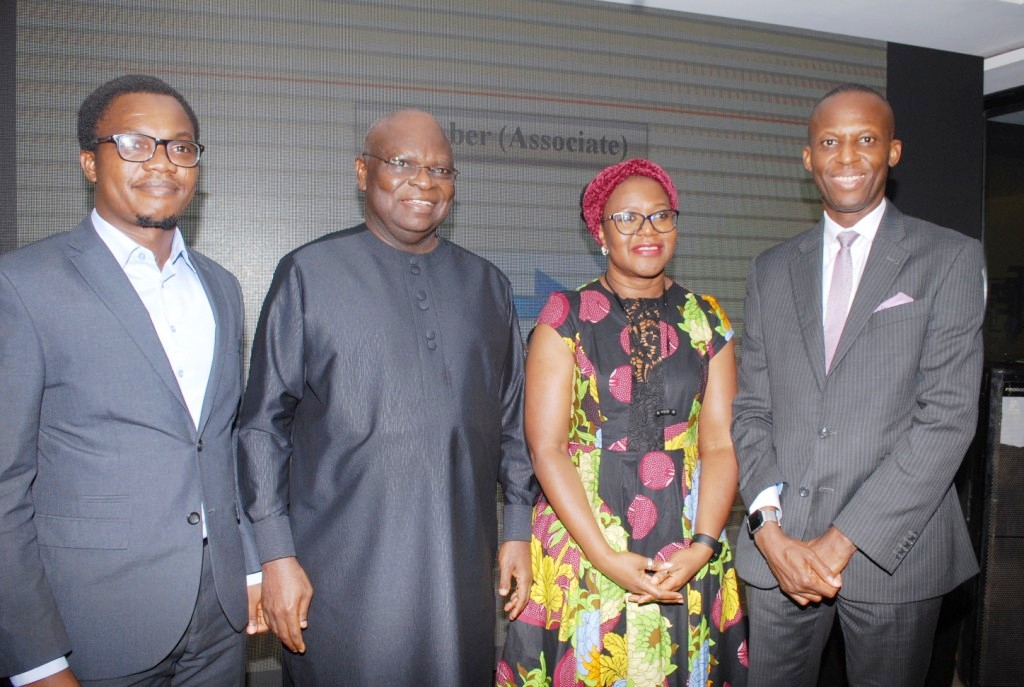Just as the Central Bank of Nigeria (CBN) and the Nigerian Communications Commission (NCC) are about to forge a common front to fight electronic fraud driven by SIM swaps, the Secretary General of the Commonwealth Telecommunications Organisation (CTO), Shola Taylor, has called on member nations to address cybercrime and cyber threats through effective and harmonised national cybersecurity strategies with strong multistakeholder participation.
In his submission during the Leadership Summit discussion on ‘Building a resilient digital future’ as part of the conference programme of the International Telecommunications Union’s (ITU) Telecom World 2017 held in Busan, he said “The growth of Internet penetration is showing signs of slowing down, so it is time to accept that relying on private-sector investment alone has shown its limits
The summit participants also examined the potential risks in the global smart future and how best to counter them.
According to Taylor, “Cyberspace contributes significantly to achieving countries’ national development goals, and so international organisations, national security services, operators, intelligence and data protection agencies, as well as citizens all have a role to play in making cyberspace safer and more resilient.”
He shared the CTO’s experience in developing national cybersecurity strategies for Commonwealth member countries as well as other countries, including Senegal.
His submissions were articulated around three key points:
The digital future promised by smart cities, IoT, augmented reality applications and virtual environments offers enormous prospects for social and economic growth, with potential for more rapid impact on developing economies.
New forms of cyber threats will inevitably emerge, and to realise the full potential of a smart future, citizens must be able to use these technologies and services securely, and governments must ensure critical information infrastructure, e.g. power and health services, are immune from cyber attacks.
Comprehensive multistakeholder national cybersecurity strategies are needed to mitigate the risks, and this must be the basis of every nation’s digital ambitions.
Speaking also at a side event organised by the World Economic Forum (WEF) on “Financing models for ICT connectivity infrastructure”, Taylor said that there is a need for a shift in the role governments should play in infrastructure investment.
WEF argued that lack of viable financing options for infrastructure remains a significant obstacle to achieving universal connectivity, and that whilst core networks have attracted a great deal of investment, they lack reach and capacity in regions characterised by low per-capita incomes and/or low population density.
However, CTO boss was of the view that “The growth of Internet penetration is showing signs of slowing down, so it is time to accept that relying on private-sector investment alone has shown its limits.”









